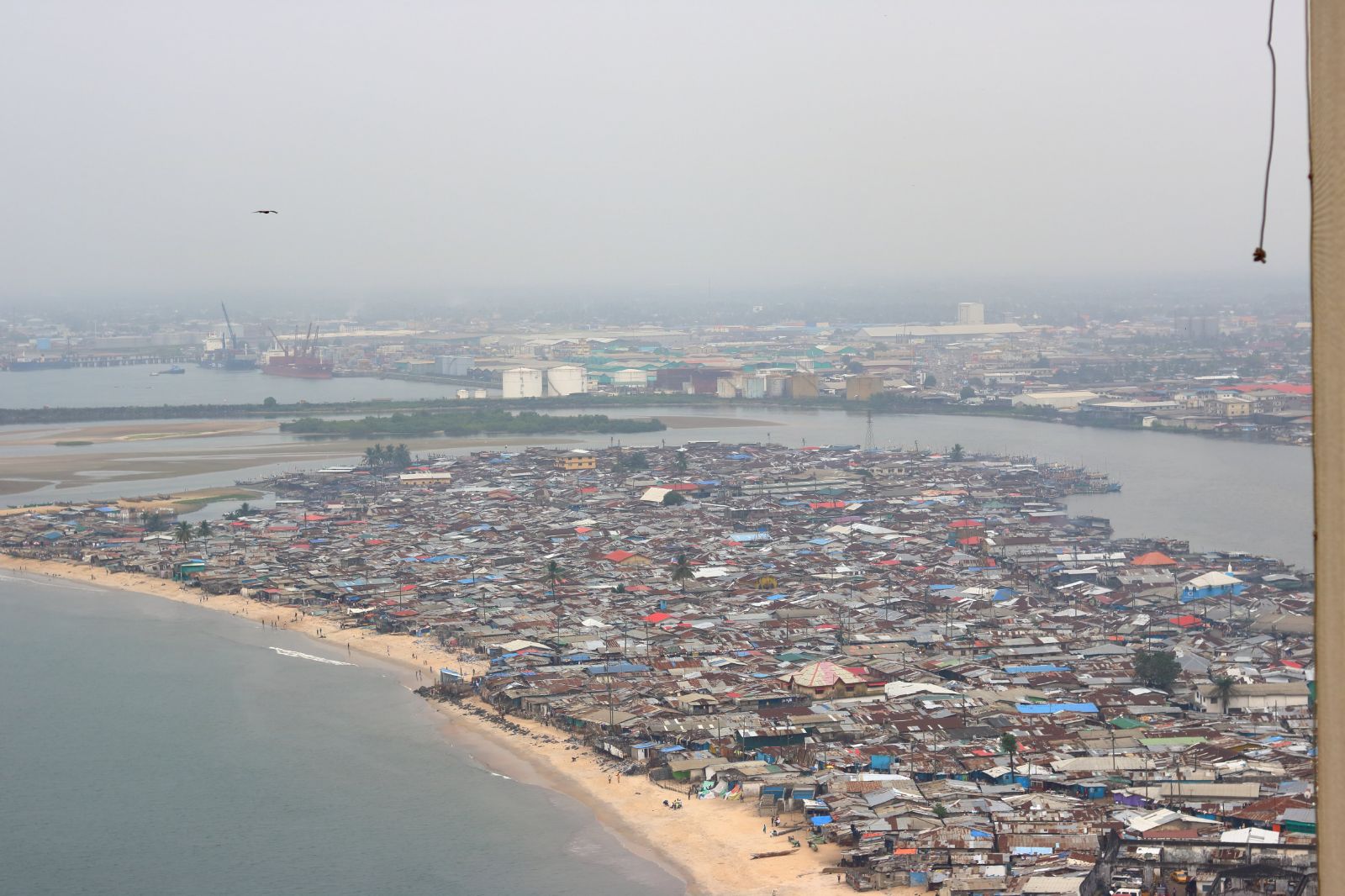Liberia has one of the poorest economies in the world with a Gross Domestic Product of 2.101 billion USD and GDP growth rate at -1.6% according to the World Bank. With these appalling statistics, our government has done little to nothing in transforming her economic growth into tangible developments.
In the 1950s, under President William V. S. Tubman administration, Liberia held a few prestigious titles. She was the leading producer of rubber in Africa, home to the world’s largest rubber industry, and the third largest exporter of iron ore which attracted the highest foreign investments Liberia had ever seen. However, not much was done with the wealth accumulated.
The nation had economic growth which was not followed by economic development.
As a student of economics, economic growth has to do with the yearly/significant increase in GDP while economic development is the increase in the country’s annual wealth for the betterment of its residents.
Thus, I believe economic growth without development is meaningless.
Tax payments play a major role in economic development. In 2016, only about 462 million dollars was collected out of the 525 million dollars expected tax revenues. The difference of 63 million dollars was not collected as a result of unpaid taxes, according to the annual 2016/17 Liberia Revenue Authority’s Fiscal Year Report. This is because 12 percent of Liberia’s economy is neither taxed nor measured. Even the IMF’s 2010 report indicates that out of 2.5 million potential taxpayers, only 50,000 entities pay their taxes.
Thus, considering the fact that Liberia is almost 170 years old coupled with recent events like such as the UNMIL withdrawal, the fall of rubber prices, the shrinkage in the value of the Liberian dollar and high rates of inflation, I would argue that Liberia’s economy should not be described as fragile, rather as hanging by a thread and one of the reasons is the lack of incentives in tax payment.
The payment of taxes plays a major role in the development of any economy; it’s not just an act but an obligation of a person or organization to the nation in which they reside.
Here are some of the many reasons people are not paying their taxes and ways I suggest we could fix the system:
Unemployment
I am aware of the fact that high unemployment rate is not unique to Liberia but most countries around the world. Liberia has a population of 4.5 million people with about 3.5 million unemployed. Of the 1.1 million people who are employed, only 195,000 receive compensation to care for themselves and their families while the rest who are mostly youths, are usually self-employed and stuck with unstainable jobs.
Simply put, with lack of adequate salaries, and the high unemployment rate, it is very unlikely that person will pay his or her income tax. Therefore, if more jobs are created and workers receive benefiting salaries, there will likely be more taxpayers which will boost the country’s economy.
Liberia’s economy will flourish if workers are paid more because as a person’s income increases, the taxable amount increases too, according to Progress Tax Law. However, even if workers are willing to pay taxes, our tax system does not allow effective implementation of taxpaying policies to ensure that companies do not bypass the system and thereby enabling each working person to be recorded as taxpayers.
Inadequate Awareness
It is often said the more you learn, the more you know. In an estimate by the CIA Factbook, in 2015; Liberia had 47.6% Literacy rate. I am certain with the improvement of our socio-political situation, this number would have increased by now.
But how do you get the message of the importance of tax payment, and its ties to our economy, to those that can’t read or write? How do we inform them that tax payment is their duty and not just a kind gesture? The awareness of tax payments should be shared in every language and dialect in and around Liberia through outreach programs and seminars.
People should be told their national duties and obligations in a way that they would understand. Therefore, much more needs to be done to ensure that tax payment becomes a way of life and not just a choice. Some people are even ignorant of the fact that they should pay taxes on their properties and their incomes. Most people are not aware of the kind of tax they should pay nor do they have information on how to pay their taxes. I know for a fact that there has also been awareness in one way or another but I still feel that it’s not enough
Tax Policy/Tax Incentives and Exemption
In developing countries, one major problem raised by experts is the issue of incentives and exemptions. This is where companies are exempted from paying taxes on their properties for a certain period of time. Even some local business can have their taxes reduced which have contributed to the spread of lack of tax payments across the region. Moreover, tax authorities are not aware of the terms of tax incentives and exemption included in the double tax agreement (DTA) and memorandum of understanding (MOU) of these companies so it is unlikely these exempted companies will be held accountable. Research shows that most companies complicit in this act are those involved in the businesses of mining, oil, and gas and this can cause a major challenge in resource-rich countries.
However, there is a possibility that the Liberian government has given incentives and exemptions to companies while ignoring the effect this may have on the growth of our economy. If the Liberian government initiate or continue this practice, I believe that our economy will suffer because those companies are soaring off Liberia’s workers and resources and not giving back to the country. Sadly, this will result in similar realities of economic growth with little economic development.
Low Income
The average minimum wage of an employee in Liberia is set at USD $70 but employees are still paid below this wage. It is clear that even those with high wages don’t want to pay taxes so how do we expect those with such low wages to pay their taxes? One building block of tax is, the person should be willing and able to pay. I don’t think this particular group of people are able to pay, not to talk of being willing.
Disbelief In The System
The question most people ask when they are told to pay tax is: why should I pay tax? People feel the need to understand for what purpose their taxes are being used. The rich feel cheated on the basis of the fact that the more your income, the more you tax you pay. They fail to realize that your tax is in no way proportional to the benefits of public services, like security, education and public health care, a person receives from the government. The more tax you pay does not equal to more access to public services as we are all equal citizens.
Inconvenience in Tax Payment
The process of paying tax in the country is not as convenient as it should be. Currently, a manual system is being used to pay taxes; that is, a person or some representative of that person must be present before he/she can pay their tax. This is not only inconveniencing but also old-fashioned for the fact that we are in an information technology age. People should be able to pay the tax at any place and any time in Liberia. If this can be done, I am sure we would have an increment in revenue collection and the number of taxpayers.
I wrote this piece with the knowledge that none of this information provided is actually new to the LRA, but I think it should be highly considered and be inserted in discussions as we move forward as a country.
Authored by Beulah Nimene

